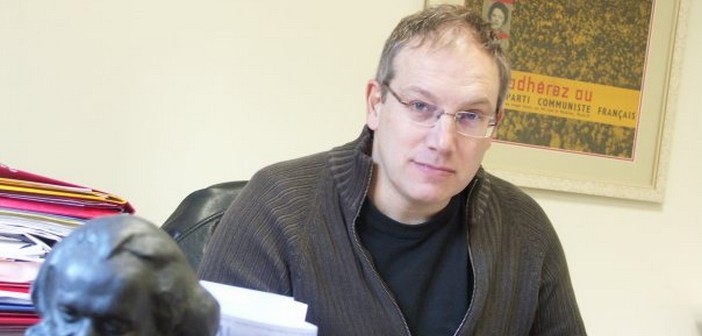The new episode of pollution peaks once again raises the question of free transportation.
This is only considered once alert thresholds are exceeded. This pollution, linked to the stagnation of fine particles in the air, poses a real health hazard to our society. France accounts for at least 30,000 deaths per year due to the negative impact of microparticles, and the estimated costs of this pollution are around 100 billion euros.
If free public transportation is used as a response during pollution peaks such as those we are currently experiencing in France, it is because this solution is truly relevant in promoting the use of public transport and reducing levels of fine particles and greenhouse gas emissions.
Therefore, if we want to fight against pollution, free public transportation must be a goal.
This solution, accompanied by the development of transport offerings, the diversification of modes of transport (bicycle, walking, bus, train, tram…), and the implementation of true intermodality would make our cities more breathable. Free transportation addresses sustainable development issues and reintroduces the concepts of equality and solidarity into the right to transport.
Free transportation represents an investment. For example, approximately 50 million euros per year for the Nice Côte d’Azur Metropolis, but it generates savings by reducing the number of hours lost in traffic jams, savings in terms of public health, and the improvement of quality of life.
To truly combat pollution, the future for our society is to strive towards free transport and enhance the use of all transportation modes.
Robert Injey, PCF-Front de gauche Nice


